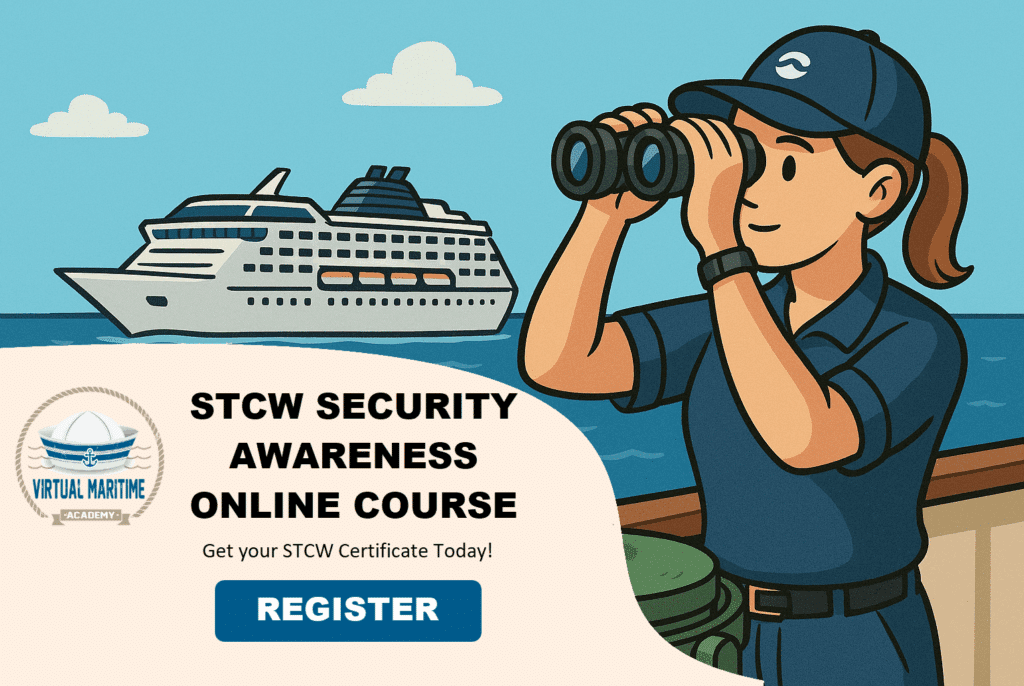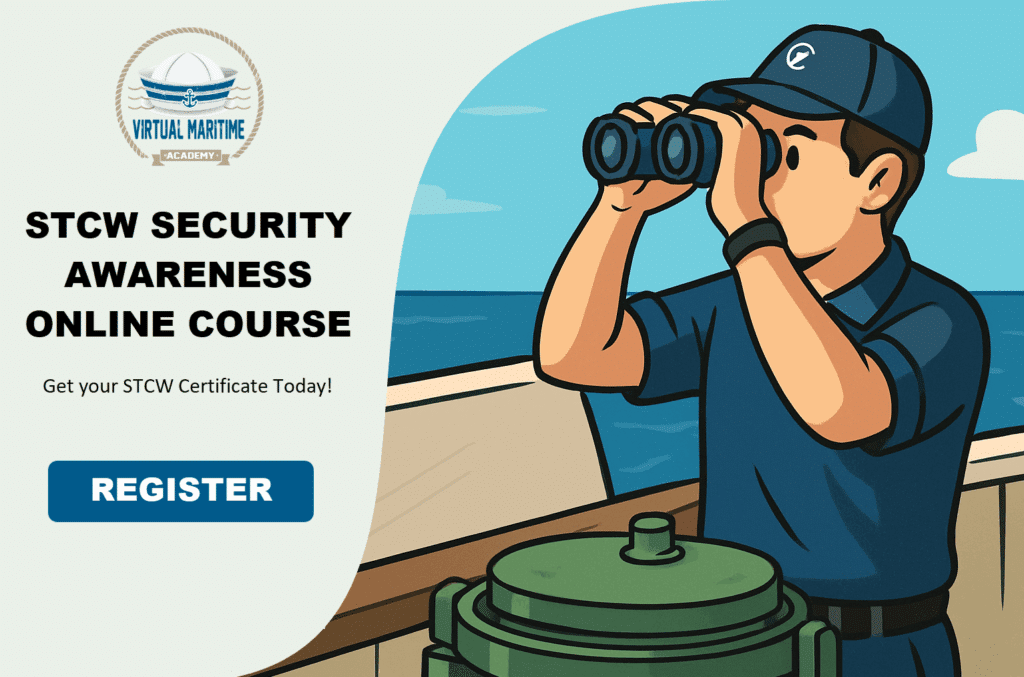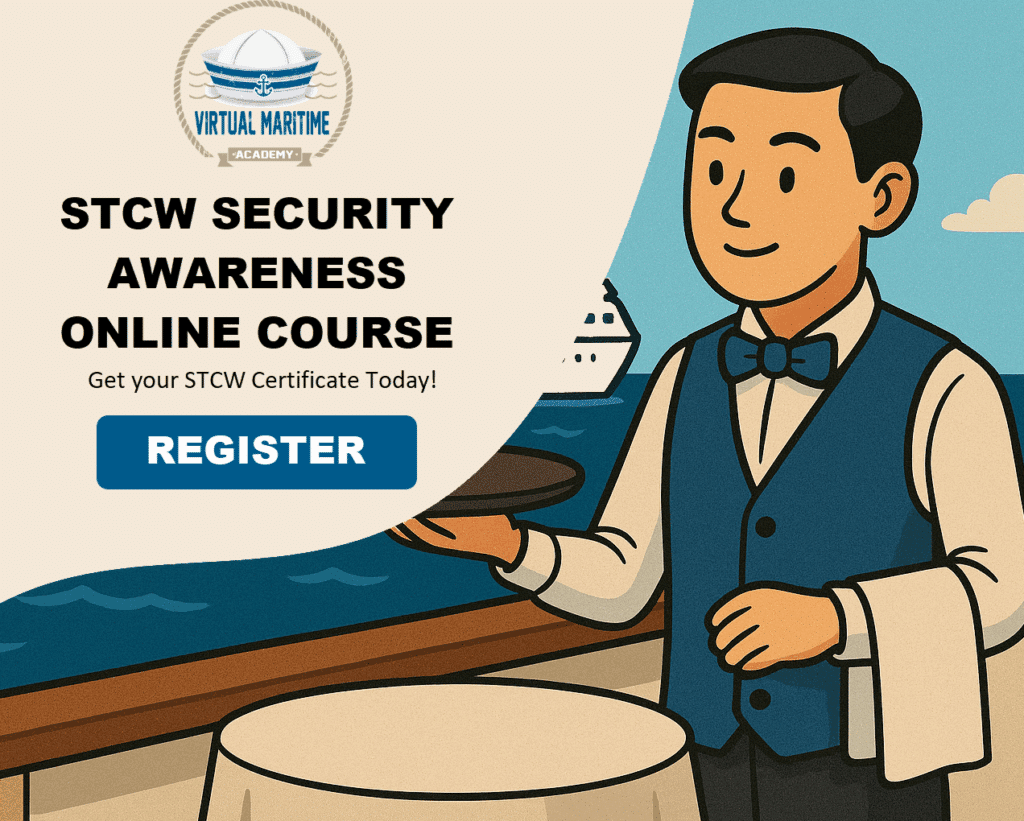Introduction to IMO Standards Compliance
The International Maritime Organization (IMO) is at the forefront of setting global standards for the safety, security, and environmental performance of international shipping. Its regulatory framework is essential for ensuring that the global shipping industry remains sustainable, secure, and safe. Understanding and complying with IMO standards is not just about adhering to laws; it’s about contributing to a more efficient and responsible global shipping industry. This article provides a comprehensive guide on understanding IMO standards compliance, covering its importance, the main conventions, and the steps to ensure compliance.
The Importance of Complying with IMO Standards
Complying with IMO standards ensures that vessels are safe, secure, and minimize their environmental impact. The regulations set forth by the IMO are designed to protect marine life, reduce pollution, ensure that ships are structurally sound, and safeguard the lives of those on board. Non-compliance can lead to severe penalties, including detainment of vessels, fines, and damage to a company’s reputation. Beyond compliance, adopting IMO standards also encourages the shipping industry to adopt more efficient and sustainable operational practices.
Main IMO Conventions
The IMO has established a wide array of conventions that outline specific areas of regulation. Here are some of the key conventions that maritime stakeholders should be aware of:
SOLAS (Safety of Life at Sea)
The International Convention for the Safety of Life at Sea is a keystone in the regulation of shipping safety. It outlines minimum safety standards in the construction, equipment, and operation of merchant ships. This includes regulations on life-saving appliances, navigation, and emergency procedures.
MARPOL (Marine Pollution)
The International Convention for the Prevention of Pollution from Ships aims to minimize pollution of the oceans and seas, including dumping, oil, and exhaust pollution. MARPOL is significant for its annexes that detail regulations preventing various forms of marine pollution.
STCW (Standards of Training, Certification and Watchkeeping for Seafarers)
Setting minimum education and training standards for seafarers, the STCW Convention ensures that crew are qualified and capable of performing their duties safely and effectively.
ISM (International Safety Management) Code
This international standard for the safe management and operation of ships and for pollution prevention mandates that ship owners and managers achieve a certain level of safety and environmental compliance.
Steps to Ensure Compliance
Understanding the Regulations
The first step toward compliance is to gain a comprehensive understanding of the applicable IMO regulations. This involves staying updated with any amendments to the conventions and understanding how they apply to your vessels and operations.
Gathering Required Documentation
Different IMO conventions require specific documentation to demonstrate compliance. This may include certificates of compliance, safety management certificates, and pollution prevention certificates, among others.
Conducting Regular Audits and Inspections
Regularly auditing and inspecting vessels ensures that they meet the required safety and environmental standards. These inspections can help identify any areas where compliance may be lacking and allow for corrective actions to be taken before they become a significant issue.
Training and Education
Ensuring that crew members are adequately trained and educated on IMO standards and their importance is crucial for maintaining compliance. Ongoing training programs can keep all personnel informed on the latest regulations and compliance strategies.
Implementing a Compliance Management System
Many shipping companies find it beneficial to implement a compliance management system (CMS) tailored to the requirements of the IMO standards. A CMS can help monitor compliance, manage documentation, and streamline audits and inspections.
Conclusion
Compliance with IMO standards is a critical aspect of global shipping operations. By adhering to these standards, shipping companies not only contribute to a safer, more secure, and sustainable shipping industry but also ensure the longevity of their operations through enhanced reputation and operational efficiencies. Understanding, implementing, and maintaining compliance with these standards require a committed approach, but the benefits far outweigh the challenges.











